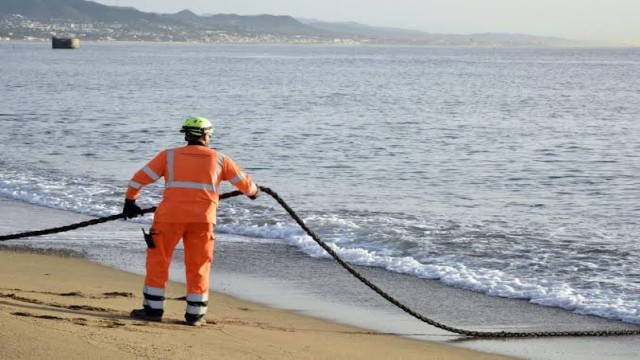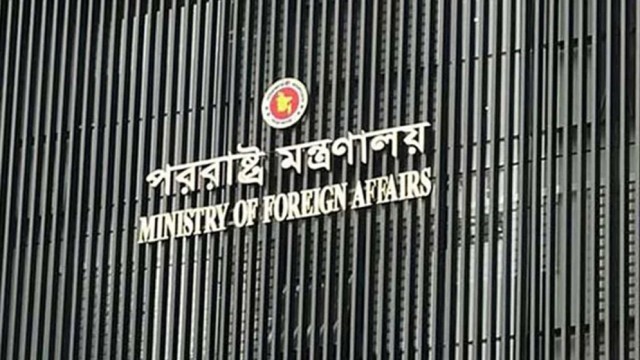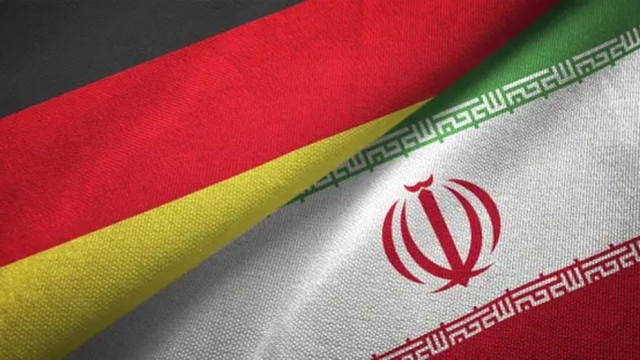The cutting of four major telecom network cables under the Red Sea has triggered significant disruptions to telecommunication and Internet networks across Asia, Europe, and the Middle East, leading to concerns of a potential internet shutdown.
According to reports from CNN, the severing of cables belonging to four major telecom networks under the Red Sea has resulted in substantial disruption to the Internet network. Hong Kong-based telecom company HGC Global Communications estimates that approximately 25 percent of Internet traffic in Asia, Europe, and the Middle East has been affected, necessitating the rerouting of traffic through alternative providers.
The cable belonging to South African company 'Sicom' has also been damaged, further exacerbating the situation. Repair work is expected to commence, but the process may be delayed by up to one month due to the need to obtain various permissions, particularly in the Middle East region. Obtaining approval from Yemeni authorities alone could take up to eight weeks. In the meantime, alternative measures will be employed to maintain Internet connectivity.
The incident has sparked controversy regarding the responsible parties for the cable cuts. Israel has accused Yemen's Houthi rebels of damaging the cables, citing a series of attacks on ships in the region, including those of Israel's allies. These attacks have disrupted the global Internet supply chain.
In contrast, the Houthis have refuted these accusations and instead blamed British and US military forces deployed in the area for the damage. Houthi leader Abdel Malek al-Houthi asserted that their intention was not to target the Internet cables but rather to address other concerns in the region.






























Comment: